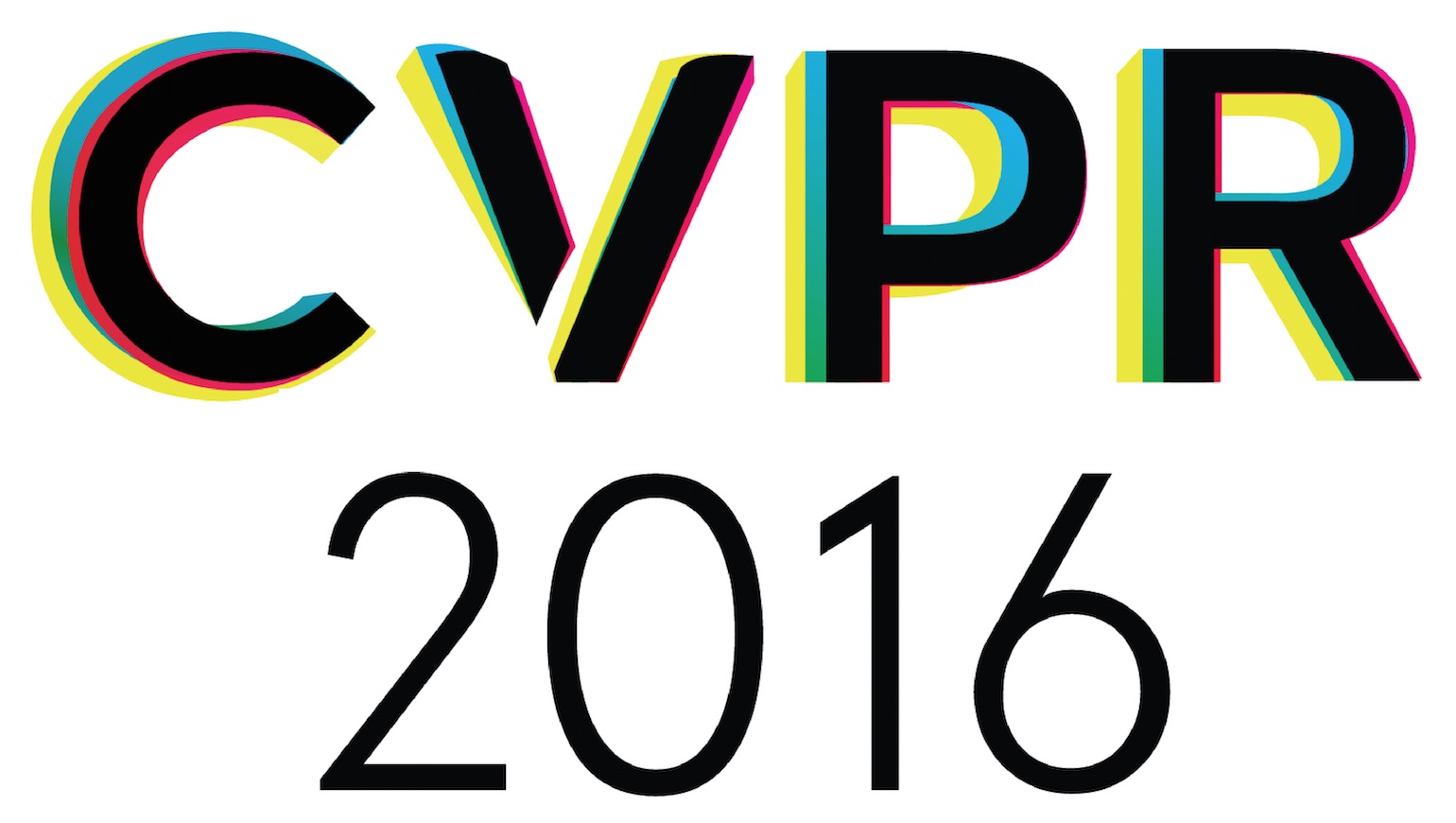-
Information-Driven Adaptive Structured-Light Scanners
AbstractSensor planning and active sensing, long studied in robotics, adapt sensor positioning and operation mode in order to maximize information gain. While these concepts are often used to reason about 3D sensors, these are usually treated as a predefined, black-box, component. In this paper we show how the same principles can be used as part of the 3D sensor. We describe the relevant generative model for structured-light 3D scanning and show how adaptive pattern selection can maximize information gain in an open-loop with-feedback manner. We then demonstrate how different choices of relevant variable sets (corresponding to the subproblems of locatization and mapping) lead to different criteria for pattern selection and can be computed in an online fashion. We show results for both subproblems with several pattern dictionary choices and demonstrate their usefulness for pose estimation and depth acquisition.
Related Material
[pdf] [video][bibtex]@InProceedings{Rosman_2016_CVPR,
author = {Rosman, Guy and Rus, Daniela and , III, John W. Fisher},
title = {Information-Driven Adaptive Structured-Light Scanners},
booktitle = {Proceedings of the IEEE Conference on Computer Vision and Pattern Recognition (CVPR)},
month = {June},
year = {2016}
}
These CVPR 2016 papers are the Open Access versions, provided by the Computer Vision Foundation.
Except for the watermark, they are identical to the accepted versions; the final published version of the proceedings is available on IEEE Xplore.
Except for the watermark, they are identical to the accepted versions; the final published version of the proceedings is available on IEEE Xplore.
This material is presented to ensure timely dissemination of scholarly and technical work.
Copyright and all rights therein are retained by authors or by other copyright holders.
All persons copying this information are expected to adhere to the terms and constraints invoked by each author's copyright.

